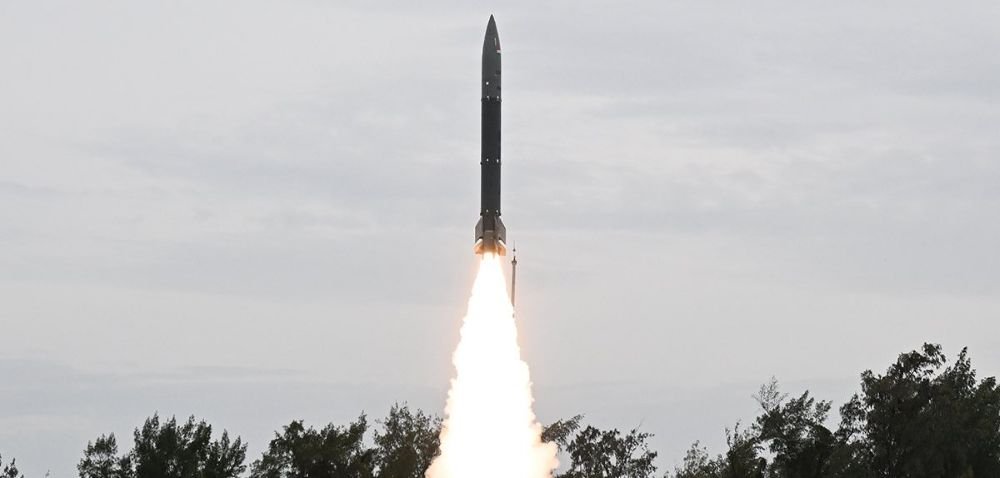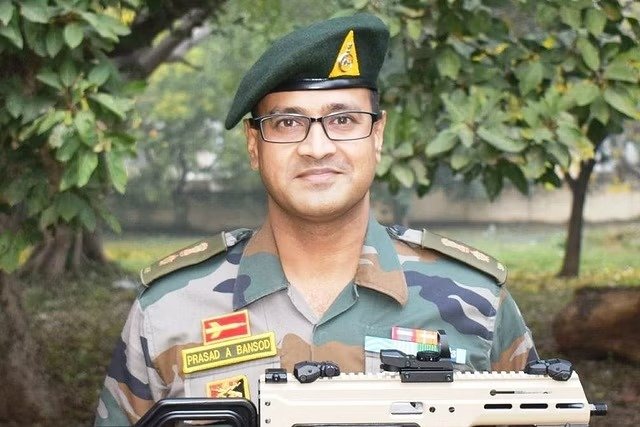DRDO Successfully Concludes Dual Flight-Tests of Indigenous ‘Pralay’ Missile
The Defence Research and Development Organisation (DRDO) has successfully conducted two back-to-back flight-tests of its homegrown ‘Pralay’ missile on July 28 and 29, 2025, from Dr APJ Abdul Kalam Island, located off the coast of Odisha. These tests were part of the User Evaluation Trials designed to validate both the upper and lower range capabilities of the missile system. In both trials, the Pralay missile demonstrated exceptional performance by accurately following the designated trajectory and hitting the intended targets with high precision. All onboard subsystems functioned flawlessly, with their performance verified through real-time tracking data gathered by various sensors deployed by the Integrated Test Range (ITR), including those stationed on ships near the target area. The Pralay missile, powered by solid propellant, is a quasi-ballistic weapon featuring cutting-edge guidance and navigation systems. It is designed to deliver multiple types of warheads with remarkable accuracy against a range of targets. The development of the missile was spearheaded by the Research Centre Imarat (RCI) in collaboration with several DRDO laboratories such as the Defence Research & Development Laboratory (DRDL), Advanced Systems Laboratory (ASL), Armament Research & Development Establishment (ARDE), High Energy Materials Research Laboratory (HEMRL), Defence Metallurgical Research Laboratory (DMRL), Terminal Ballistics Research Laboratory (TBRL), Research & Development Establishment (Engineers), and the Integrated Test Range. Key industry partners included Bharat Dynamics Limited (BDL), Bharat Electronics Limited (BEL), as well as several other industrial units and MSMEs. The flight-tests were closely observed by senior DRDO scientists, officials from the Indian Army and Air Force, and representatives from the participating industries. Defence Minister Rajnath Singh congratulated DRDO, the Armed Forces, and the industrial partners on the successful tests, highlighting that the integration of such modern technologies significantly enhances India’s defence capabilities. DRDO Chairman and Secretary of the Department of Defence R&D, Dr Samir V Kamat, also lauded the team for the achievement, noting that the successful conclusion of these Phase-1 trials marks a significant step toward the missile’s formal induction into the Armed Forces. Source: Economic Times
DRDO Successfully Concludes Dual Flight-Tests of Indigenous ‘Pralay’ Missile Read More »


